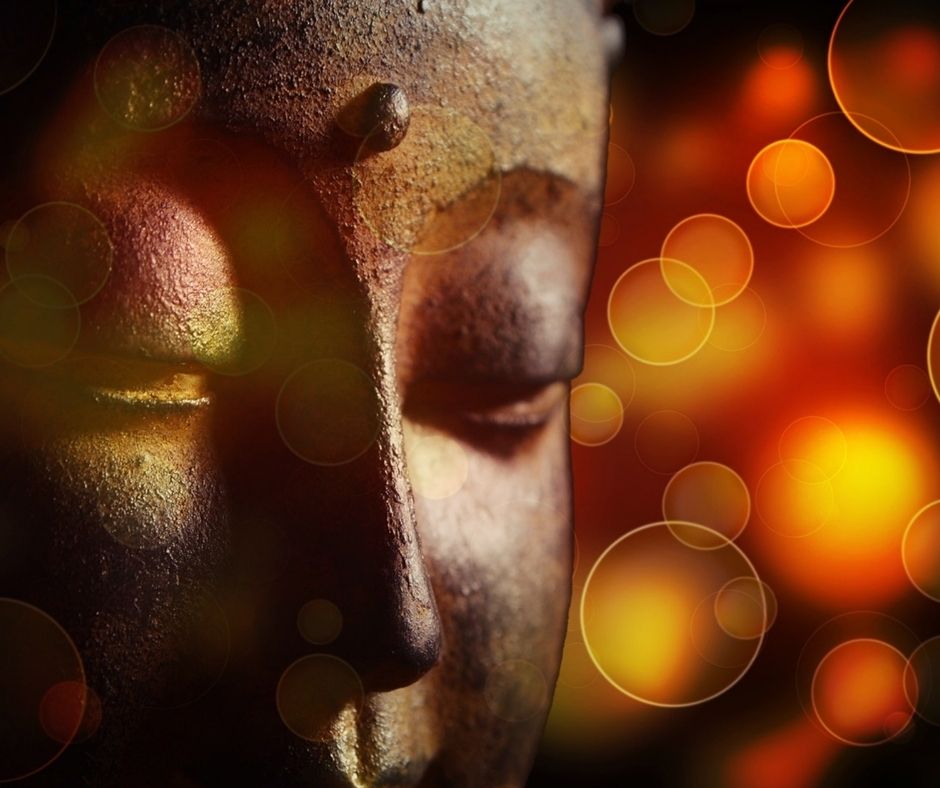
You may have heard of the Tao Te Ching; a classic text written by Lao Tzu. The style of Martial Arts we teach is Tao Te Kung Fu and in my last blog I talked about Tao which is the more familiar term. Today I want to give you some idea what Te refers to.
Te is one of those words that really doesn’t have a straight translation into English. I often wonder if some ideas don’t become popular in certain cultures, simply because they don’t mesh with the language, and as so much of our abstract thinking is dependent on language, we struggle with ideas that have no words to express them; it just won’t hang on an easy mental hook.
What does Te mean? It’s the power through which the Tao is made manifest or is actualised. Or, the virtue or power inherent in a person or thing existing in harmony with the Tao. My eyes actually squinted with concentration trying to word that clearly, so sorry if you have to read it two or three times.
Te is translated in many different ways by many different translators and often the word when used by the same author will be translated differently according to context. So, I’ll approach this in a round about way to try to give its sense.
If I have power over others to make them do what I think is right, I do not have Te. But if I have the power to lead them to do what is right without them necessarily being aware of my influence, then I have Te. If I perform virtuous acts from a choice to conform to a code, if my virtuous acts are part of the ritual that I perform to align my life with an ideal, my virtue is not Te. But if my instinctive, spontaneous actions are a manifestation of the ideal then my virtue is Te. Brute force is almost never Te and ritualised acts of righteousness are almost never Te.
The essential factor of self-motivated personal development is that no one deliberately chooses what they consider the worst option. We always choose the best. So when character is built by the individual wishing to be simply the best person they can be, rather than by defaulting to our cultural norms and is therefore subject to outside forces, they will tend to choose that which is better. That which I continually do will become a function of who I am; becoming my nature not just my actions. By continually bringing myself in line with the Tao (in the sense of The Way I Should Go) I become part of the manifestation of the Tao.
Now the important parameter here is perhaps the idea of being the best person one can be. The emphasis should be on the word “they” in “best person they can be.” There is an ideal you, not an ideal generic person. Let me open this up more. If I have an ideal image of what the perfect human is and try to conform to it, I will likely miss it and more to the point, for what reason am I trying to conform anyway? Who set this ideal and what was their agender? Instead, I shall try to be the best ‘me’ I can be. Also, instead of having some arbitrary goal image, I simply make choices each day that I believe are heading me in the right direction. Now I am not moving towards being the best me, I am in fact being the best me at this moment. I am on a journey and it is always the path that is more important than the goal. This way I can live in the moment; content. If I live in the future, focussed on a goal I have not yet achieved, I will be discontent. If I live in the past, focused on mistakes I cannot change (the past is fixed) I will also be discontent. By bringing myself in line with the path (the Tao) that appears to me to be right in this moment I am demonstrating Te.
This idea is fundamental to Kung Fu. So, to control your opponent, not through brute force, but by techniques that are in line with the laws of physics, the mechanics of anatomy and the nature of human psychology is Tao Te Kung Fu. To train and learn skills that you can use instinctively, that are appropriate for your individual attributes in the context of the moment you need them is Tao Te Kung Fu.
